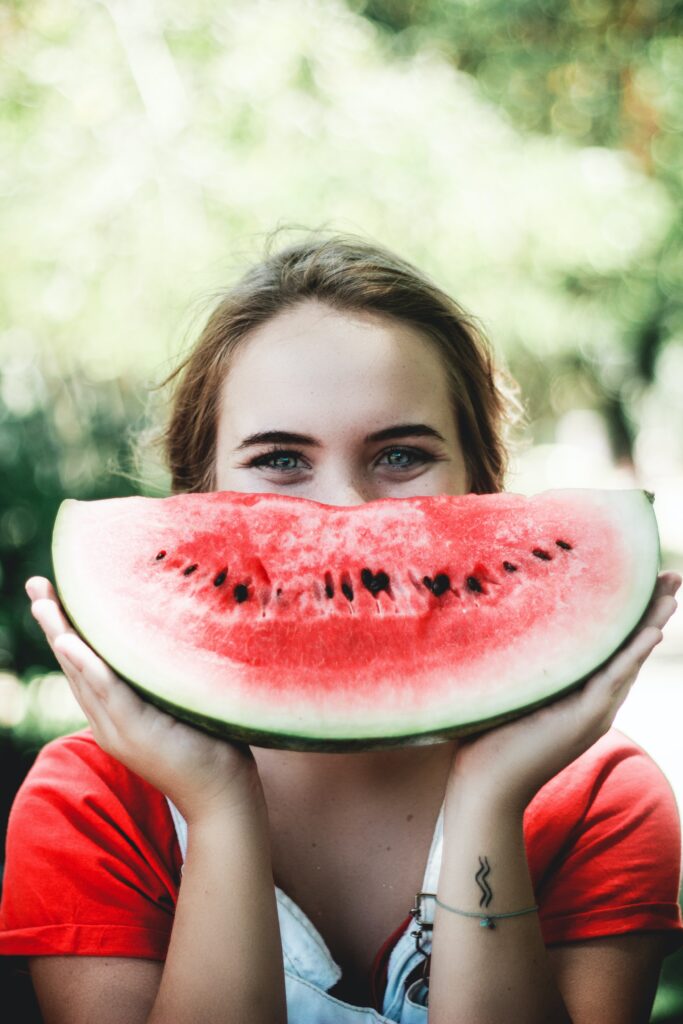Our food should be our medicine, and our medicine should be our food
Hippocrates

Today, most people’s first thoughts when thinking of mental health treatment is medication. It’s completely understandable due to the way that social media portrays the regularity of taking antidepressants, antipsychotics, or even recreational drug use. So many verified “TikTok-ers” and Instagram influencers make jokes, memes, or hashtags about the medication they take that it’s been increasingly popular for the upcoming generation to be enticed to taking medication even when not needed. We’ve seen an uprising in alternative medication and specifically holistic treatment methods surging through the media in the past 10 years since social media usage has become prominent. Practicing holistic health and integrative medicine methods are “in” and popular since new research of natural therapeutics are rising to the surface. Now, this isn’t to say that conventional healthcare or medication isn’t useful or beneficial in mood treatment and in many cases is medically necessary especially for safety concerns. The intention of this blog post is to simply spark an idea to consider a different and holistic approach to mood treatment that starts in your kitchen.
Let’s talk about research conducted on the most prominent mood disorders- anxiety and depression. A study was conducted on the link between diet and depression treatment in 2017 to determine if there was a relationship at all. It was found that dietary choices involving healthy fats, oils, whole grains, fruits, and vegetables were statistically significant in improving BMI and mood. This provided insight for scientists to investigate the nutrients and micronutrients of the foods within the provided diet and further links between nutrients such as folate, vitamin B6, vitamin B12, vitamin D, magnesium, iron, and zinc reduced mood disruption, anxiety, and the risk of depression.
Now, let’s talk about a top 20 contestant for the most popular hashtag trending on social media right now: #guthealth. We often refer to our gut as our second brain because of the 100 million plus nerve cells that line our gastrointestinal tract. Our two brains communicate so frequently that gastroenterologists and other medical specialists often prescribe antidepressants to soothe those with gut troubles such as irritable bowel syndrome. So, what is the primary fuel source of our gut? It is simply the food that we consume.
Always prioritize your own health and safety and do not make any adjustments to your treatment without prior consultation of your medical provider.


One Response to Mental Health and Nutrition